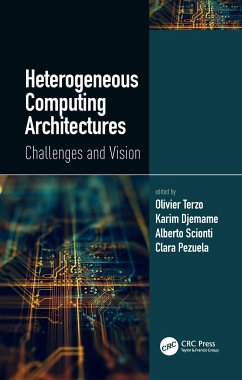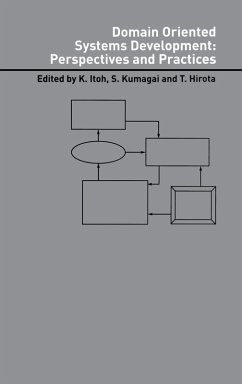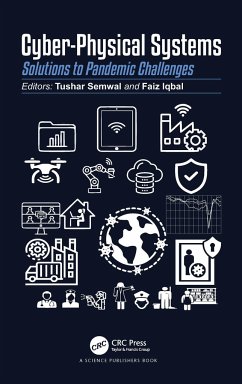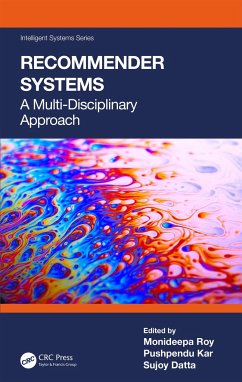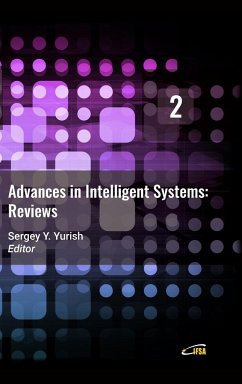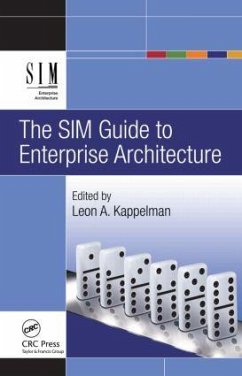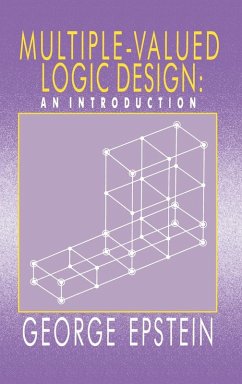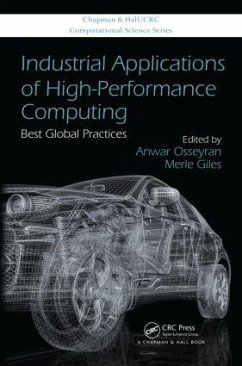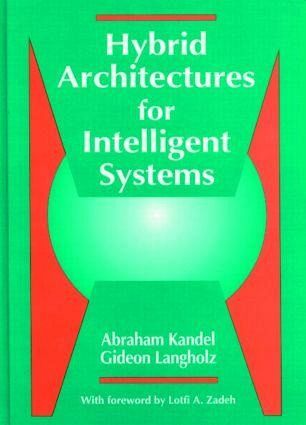
Hybrid Architectures for Intelligent Systems
Versandkostenfrei!
Versandfertig in 1-2 Wochen
221,99 €
inkl. MwSt.
Weitere Ausgaben:

PAYBACK Punkte
111 °P sammeln!
Hybrid architecture for intelligent systems is a new field of artificial intelligence concerned with the development of the next generation of intelligent systems. This volume is the first book to delineate current research interests in hybrid architectures for intelligent systems. The book is divided into two parts. The first part is devoted to the theory, methodologies, and algorithms of intelligent hybrid systems. The second part examines current applications of intelligent hybrid systems in areas such as data analysis, pattern classification and recognition, intelligent robot control, medi...
Hybrid architecture for intelligent systems is a new field of artificial intelligence concerned with the development of the next generation of intelligent systems. This volume is the first book to delineate current research interests in hybrid architectures for intelligent systems. The book is divided into two parts. The first part is devoted to the theory, methodologies, and algorithms of intelligent hybrid systems. The second part examines current applications of intelligent hybrid systems in areas such as data analysis, pattern classification and recognition, intelligent robot control, medical diagnosis, architecture, wastewater treatment, and flexible manufacturing systems. Hybrid Architectures for Intelligent Systems is an important reference for computer scientists and electrical engineers involved with artificial intelligence, neural networks, parallel processing, robotics, and systems architecture.




